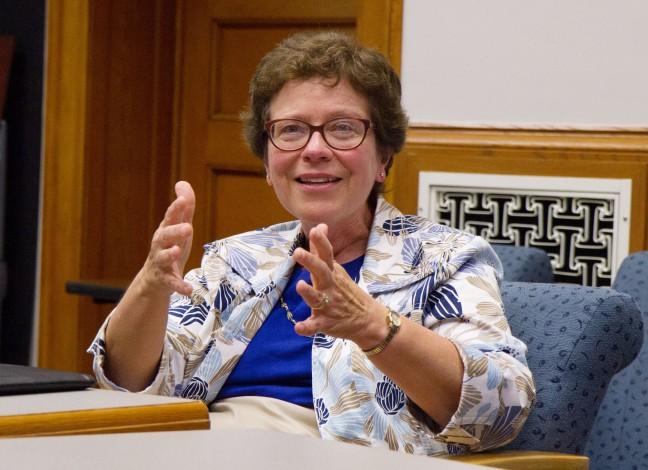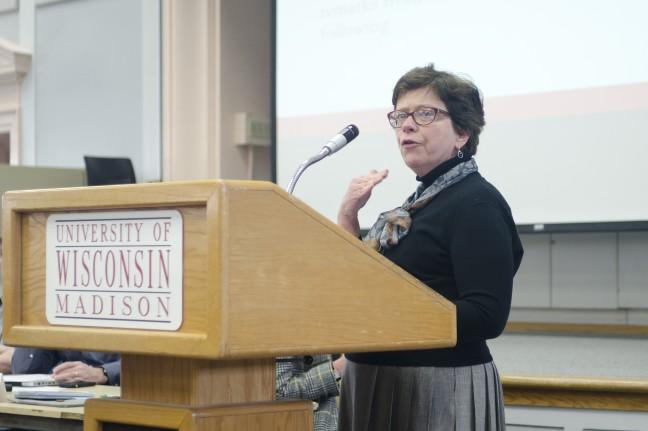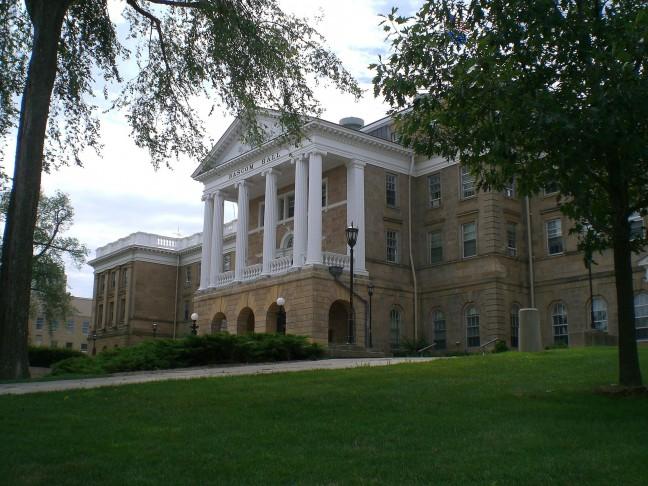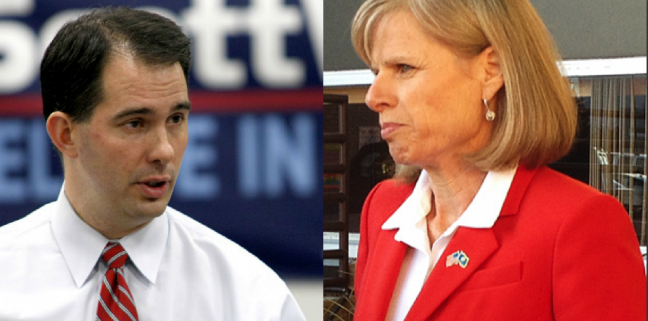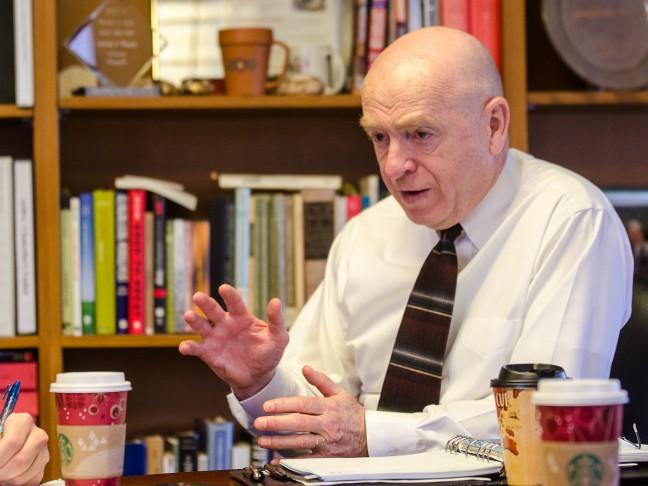The University of Wisconsin’s partnership with Kazakhstan to establish a humanities and social science program in the country has drawn criticism the project contradicts the core values of the “Wisconsin Idea” by partnering with a country ruled by a dictatorial regime.
U.S. historian Allen Ruff and investigative journalist Steve Horn recently published an in-depth analysis of UW’s partnership with Nazarbayev University in Astana, Kazakhstan, referring to it as an example of the problem of institutions rushing to establish themselves as “global universities.”
According to a statement from the Division of International Studies, UW entered into a partnership with NU to help develop a college of humanities and social sciences modeled after the campus.
The University hailed the partnership as an opportunity to spread the “Wisconsin Idea” globally.
“It would be a fitting extension of the ‘Wisconsin Idea’ for universities all over the world to dedicate themselves to doing work beyond the classroom that addresses the needs and concerns of their regions,” Bill Graf, coordinator of the Wisconsin Idea Project, said.
The project was created with the help of UW leaders including Cynthia Williams, director of external relations in the Division of International Studies, and Gilles Bousquet, who was then the dean of the Division of International Studies and director of the International Institute, according to their website.
The website said representatives from NU worked with former Chancellor Biddy Martin to finalize the project in 2010. The plans to build the school were finalized throughout 2010 and 2011. In December 2011, the school was opened.
However, the analysis said UW leaders involved in developing the program have not address their involvement with the Kazakhstani government.
NU is named after the country’s president, Nursultan Nazarbayev, who has ruled the country for 23 years and was named one of “the world’s enduring dictators” by CBS news in 2011.
According to the analysis, Nazarbayev is a strict authoritarian ruler of the country that is rampant with corruption and social injustice for its people.
Three months after the humanities and social sciences school opened, state security forces fired upon striking oil workers in the Caspian Sea oil town of Zhanaozen.
According to the article, it was likely Western scholars who were working at NU at the time of the “Zhanaozen Massacre” may not have even heard about the event.
Various events such as this one have brought into question the university’s involvement in the country and its work with an authoritarian regime.
Williams, who has been heavily involved in the partnership with NU along with several other faculty members, said while the university is aware of certain criticisms of the government in the country, they have specific limitations set in place to protect UW’s involvement with NU.
“We have conditions for our involvement…which includes academic freedom for students at the university,” Williams said.
The analysis said as the relationship with NU moves forward, the presence of the “Wisconsin Idea” and academic freedom may be called into question in an authoritarian nation.
Bousquet declined to comment in an email to The Badger Herald.
Higher Education Editor Muge Niu contributed to this report.


